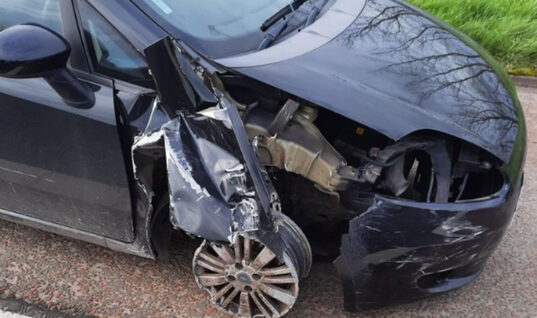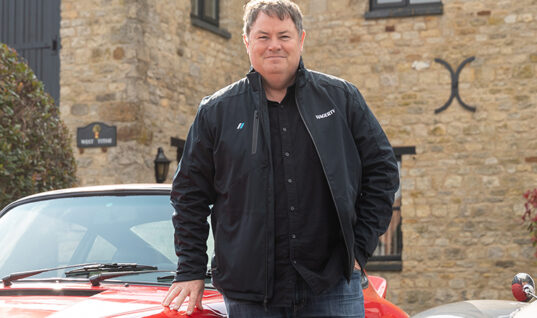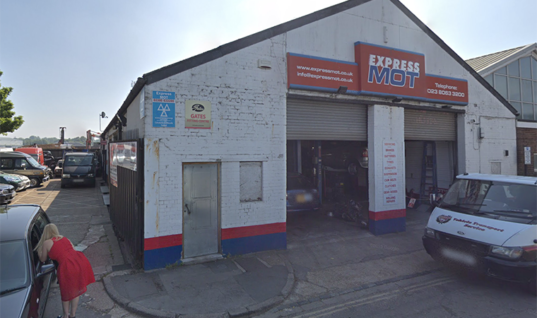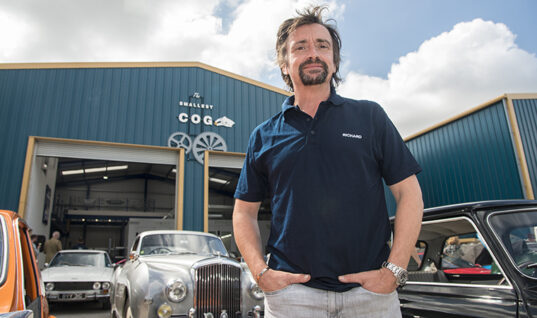A classic car body has spoken out against the widespread electrification of classic cars, stating that removing a vehicle’s original powertrain renders it no longer ‘historic’.
The Fédération Internationale des Véhicules Anciens (FIVA) issued a statement, claiming that it “cannot promote, to owners or regulators, the use of modern electric vehicle components to replace a historic vehicle’s drivetrain”.
It follows number of vehicle launches in which new independent firms are converting classic cars, as well as a host of manufacturer-backed efforts such as Jaguar’s E-Type Zero, Volkswagen’s new e-Kafer and the Renault 4 e-Plein Air.
Reversible modifications
FIVA says that it acknowledges the benefits of electrification in the classic vehicle sector, calling attention to likely enhanced performance and compliance with modern emissions legislation, but recommends that any modifications are reversible, so the vehicle can be returned to fully original specification.
Removing a classic car’s combustion-fuelled powertrain does not “comply with FIVA definition of a historic vehicle, nor does it support the goal of preserving historic vehicles and their related culture,” it said.
It added: “In FIVA’s view, vehicles so converted cease to be historic vehicles, unless they are subject only to ‘in period’ changes.”
Tiddo Bresters, vice-president of FIVA’s legislation department, said: “It is not, in our opinion, the shape or bodystyle of a vehicle that makes it ‘historic’, but the way in which the entire vehicle has been constructed and manufactured in its original form.
“Hence if any owner, motor engineer or manufacturer chooses to make such conversions to a historic vehicle, FIVA would strongly recommend that any changes are reversible, with all the original components marked and safely stored.
“In this way, the vehicle may – if so desired in the future – be returned to its original state and may once again become a historic vehicle.”
Share your comments below.







